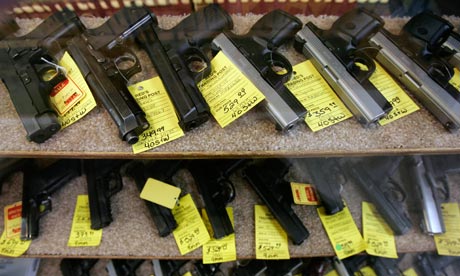The Times: "Just as America’s booming
shale gas industry has helped to wean the country off an unhealthy dependence on imported
Middle Eastern oil, a new national addiction is emerging — to the
Indian guar gum on which the industry depends.
Soaring demand for
guar from
US oil companies — whose apparently insatiable appetite stems from its use in making the drilling fluids used in the process of
hydraulic fracturing or “fracking” for shale gas — triggered a 374 per cent surge in Indian exports between January 2011 and January 2012.
With 80 per cent of global production of guar — which means cow feed in Hindi —
India has a near monopoly on the bean, a fact that has led to a bonanza for Indian farmers who witnessed a ninefold increase in prices during 2012. “The price increase has been just astronomical,” says Naveen Mathur, commodities analyst at Angel Broking in Mumbai.
For decades, apart from cow feed, powdered guar has been used as a thickener in toothpaste, pet food and ice cream, but global demand has mushroomed in recent years because oil companies such as Halliburton and Schlumberger have required huge quantities for use as a
thickening agent in the fluid needed to squeeze shale gas out of rock formations deep underground.
Almost overnight, guar has become India’s biggest agricultural export, shipments of which were worth $4.9 billion between April and January 2012, roughly double the value of the country’s exports of basmati rice and cotton combined.
Like the Texan oil booms of the 19th century, the guar rush is having a similar effect on the desert state of
Rajasthan, where most of it is grown and where some farmers have earned more in a single season than the previous ten put together.
Guar beans, which are milled and powdered to produce gum that is eight times more viscous than cornstarch, grows only in rare climatic conditions — arid areas watered by intermittent but heavy monsoon rains.
But the huge surge in prices and exports has prompted some to ask whether the boom can last.
As Indian farmers frantically plant new areas to meet demand, US oil scientists in Houston are desperately trying to come up with synthetic alternatives, such as carbon methyl cellulose, which could rival guar on both price as well as efficacy.
Others are trying to develop new strains of guar that can be grown in different climatic conditions.
So far, they have not managed to do so — and India’s guar boom looks set to continue.


